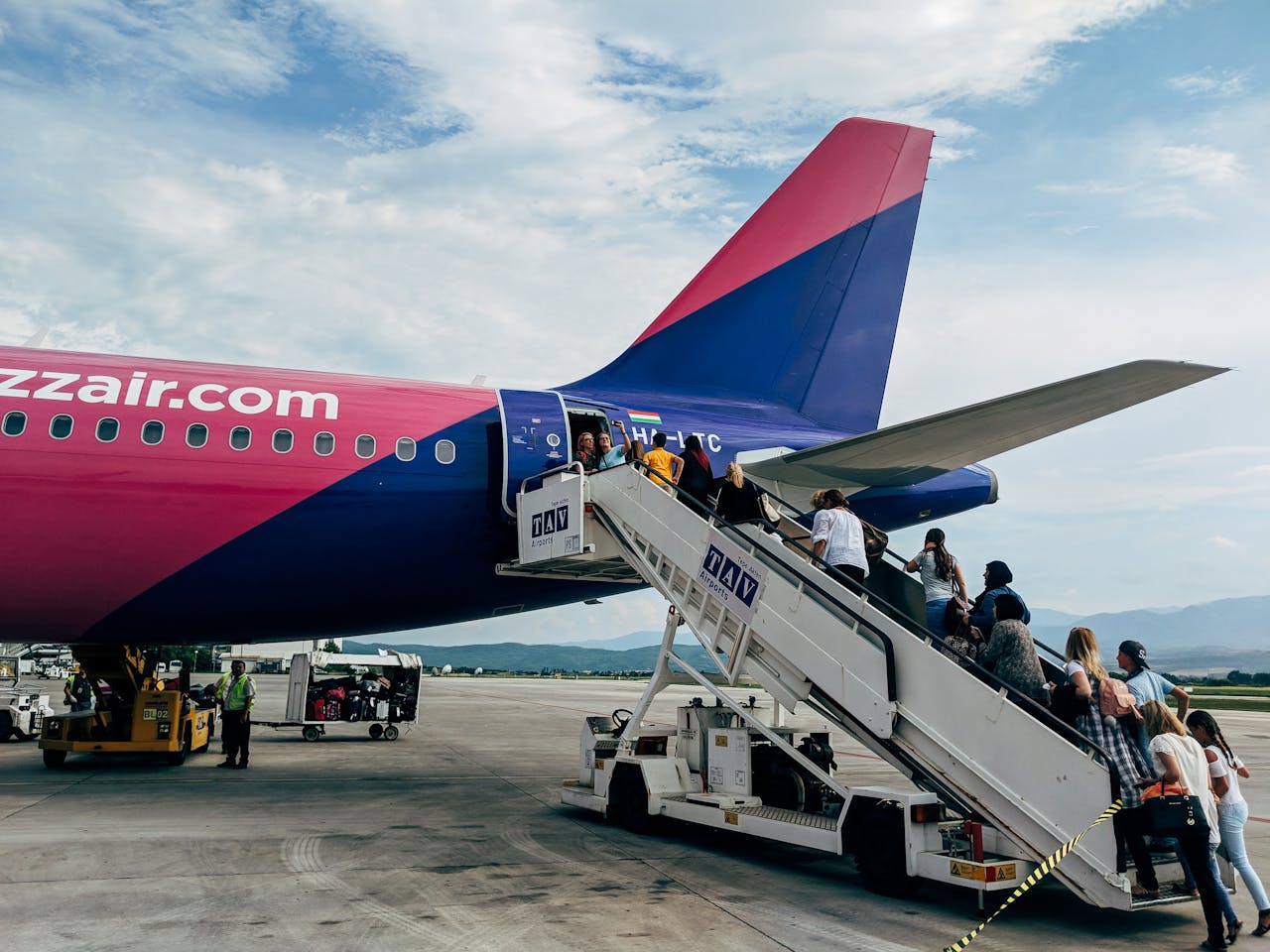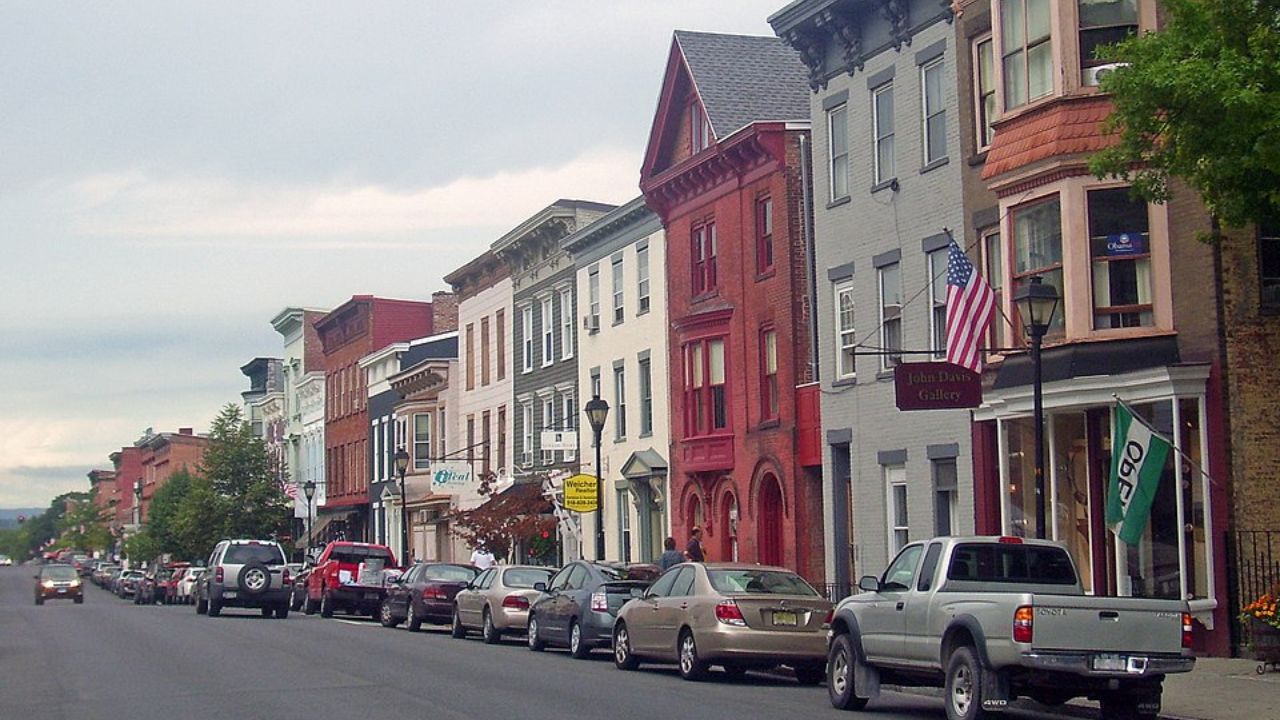Travel fear often grows from stories that miss context. Headlines fixate on worst days, not daily rhythm, and small misunderstandings harden into rules. Safety abroad usually follows the patterns that work at home: notice the street, respect local norms, and plan the handoff between airport, transit, and bed. Risk falls when details sharpen. Insurance matters, copies of IDs save hours, and neighborhood choices beat drama. With grounded prep, most trips feel ordinary in the best way, with room for wonder.
Myth: Night Is Always Unsafe Abroad
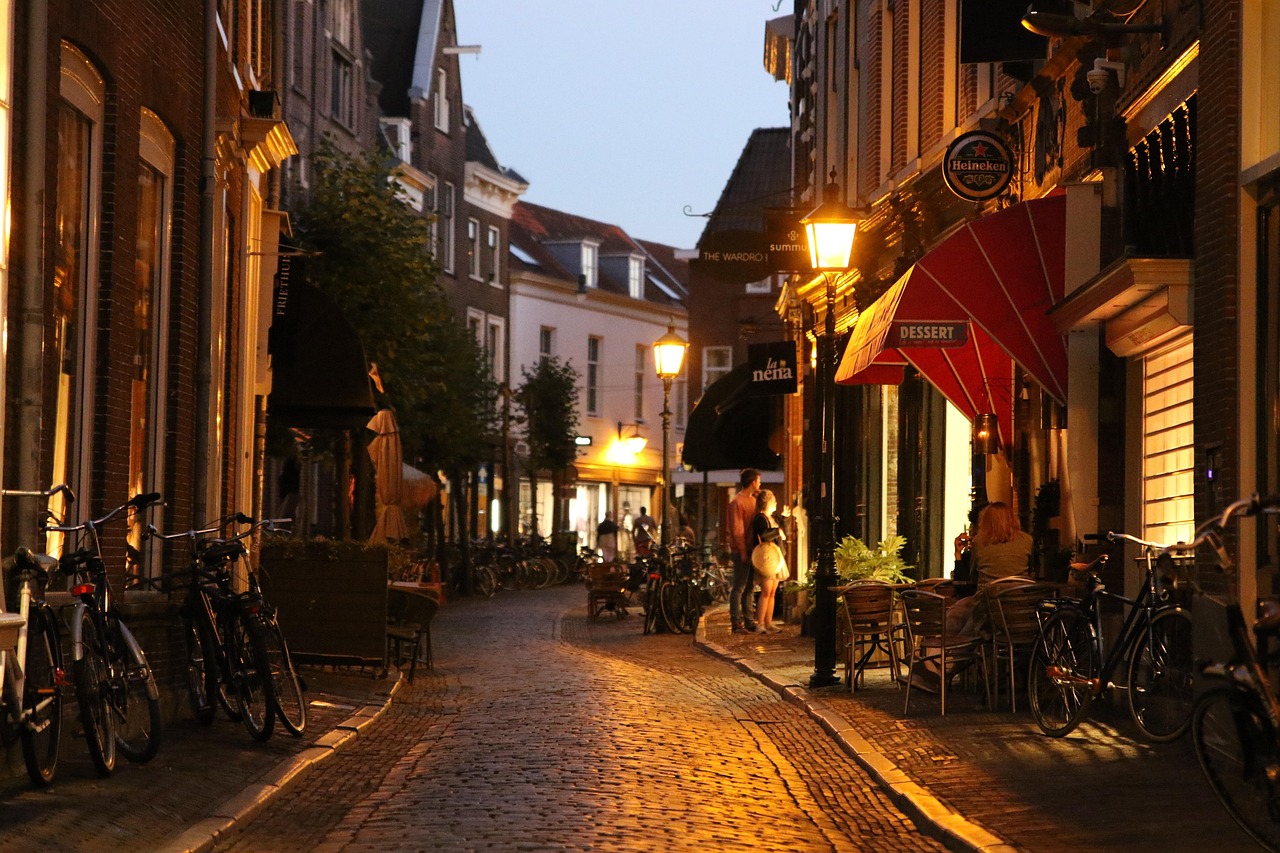
Dark hours change by district, not by country. Business cores empty after 7 p.m., while family areas stay bright and social. Lighting, late dining culture, and transit frequency matter more than sunset. Safer routines build around known routes, ride hails at station exits, and hotels near active streets. Local curfews, match days, and protests can shift patterns. Checking a city’s evening pulse and planning the last leg before dinner reduces guesswork when attention is tired.
Myth: Only Tourists Get Targeted

Opportunists chase patterns, not passports. Phones waved at arm’s length, bags left open on café chairs, and distracted crowds create the same openings everywhere. Residents get hit when habits slip. Risk drops when valuables move to interior pockets, straps cross the body, and idle browsing happens a few steps inside a doorway. Small locks on zippers deter quick hands, and a decoy wallet ends arguments fast. Local pacing and posture often remove the bright arrow over a bag.
Myth: English Works Fine Everywhere
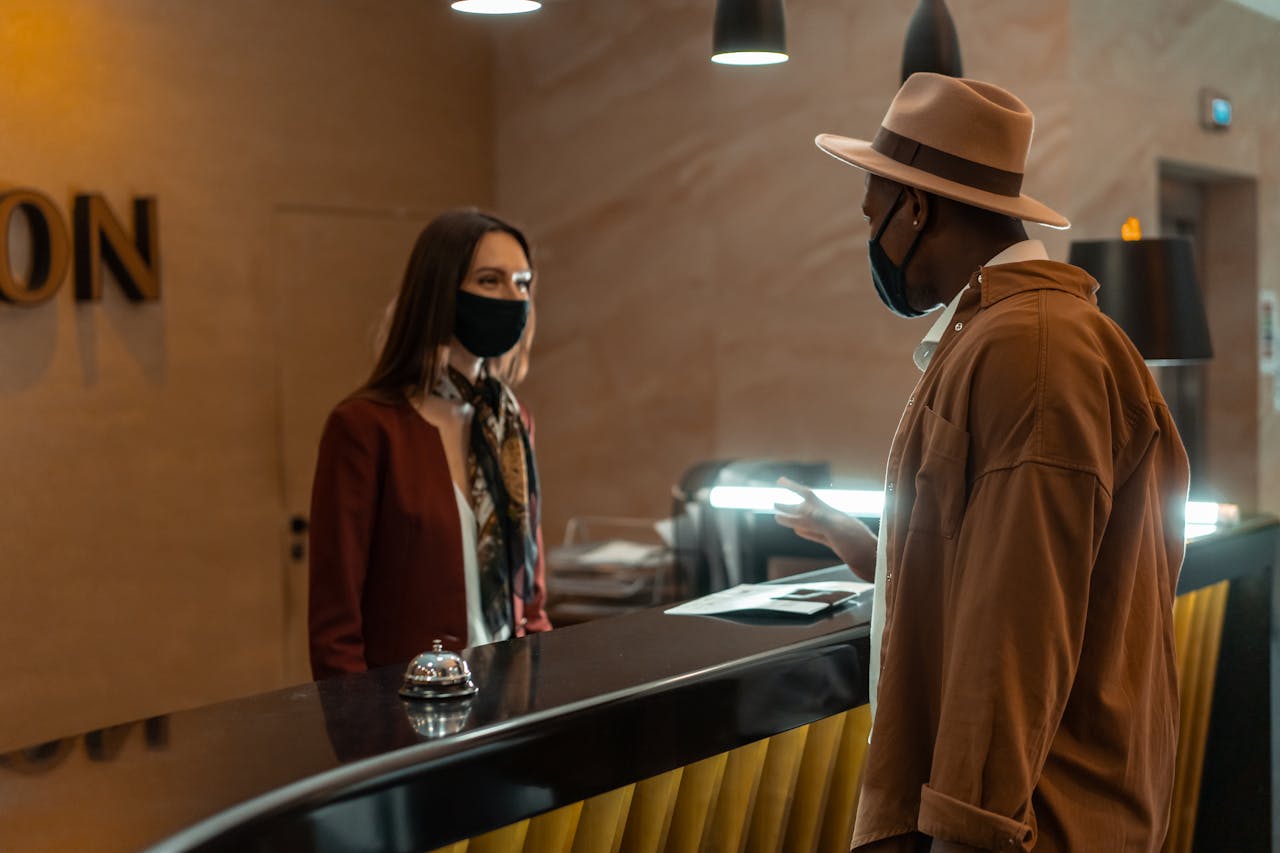
English clears hotel desks and major hubs, then runs thin in markets, clinics, and local taxis. A pocket set of phrases for help, direction, price, and thanks smooths tense moments and earns patience. Offline dictionaries and screenshot vocab keep conversations moving when signal fails. A hotel card with the address in local script saves late rides. Numbers, allergies, and landmarks practiced out loud reduce errors. Language effort buys clarity when timing is tight and nerves run high.
Myth: A Money Belt Solves Theft
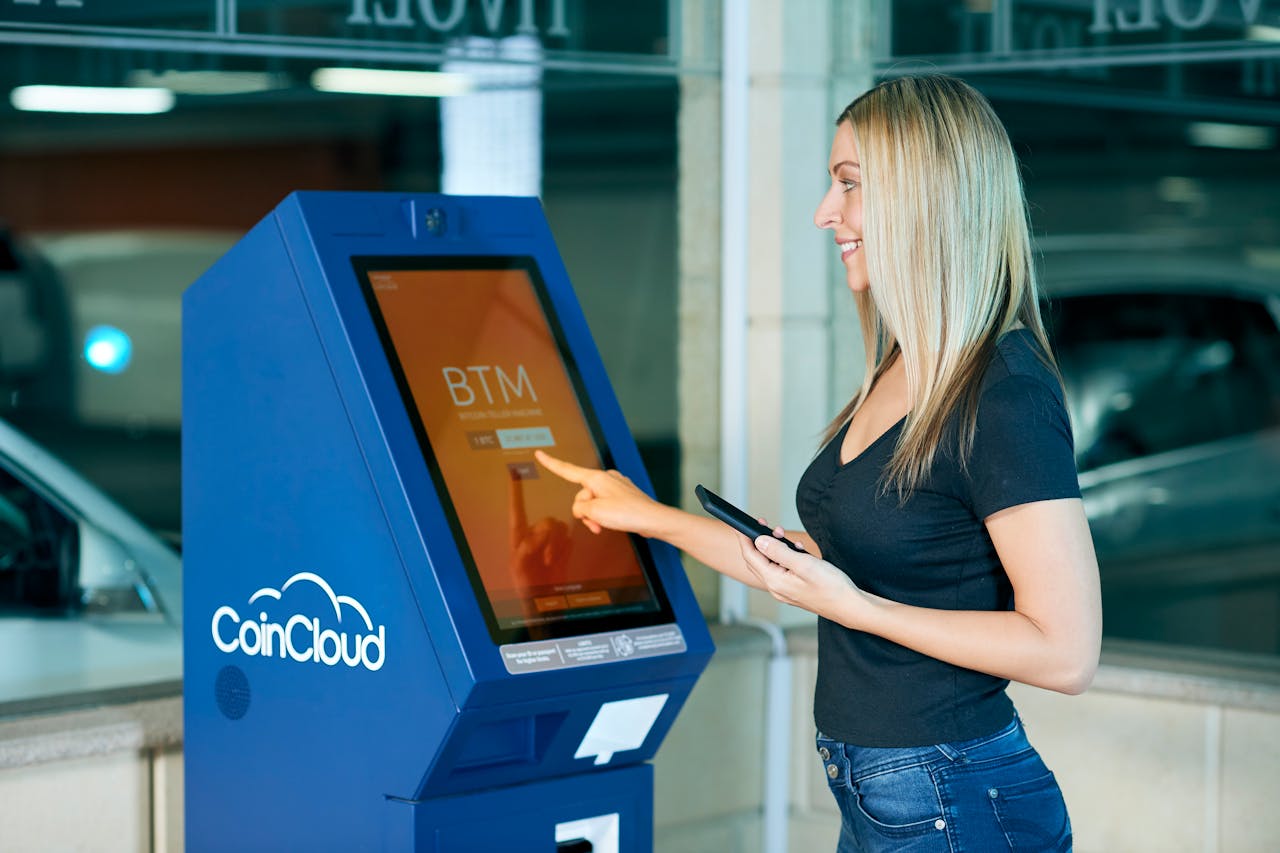
Hidden pouches protect cash but invite risky moves when travelers fish under shirts in public. Better patterns spread value across two cards, modest daily cash, and a backup stash in a room safe or locked cube. Contactless pay trims street handling, while ATM withdrawals happen in bright, staffed spaces. SMS alerts catch odd charges early. A photocopy of the passport and a second ID stored separately smooth police reports and embassy visits if a wallet disappears.
Myth: Medical Care Abroad Is Unreliable

Quality varies by facility, not by border. Major cities run clinics with international desks, translators, and clear pricing. Travel insurance with primary coverage and evacuation support turns stress into logistics, not debt. Digital copies of prescriptions and generic drug names help pharmacists match meds. Knowing how to dial local emergency numbers and the nearest urgent care saves minutes when symptoms appear. A small kit with salts, bandages, and a thermometer handles minor detours without drama.
Myth: Tap Water Is Always Unsafe
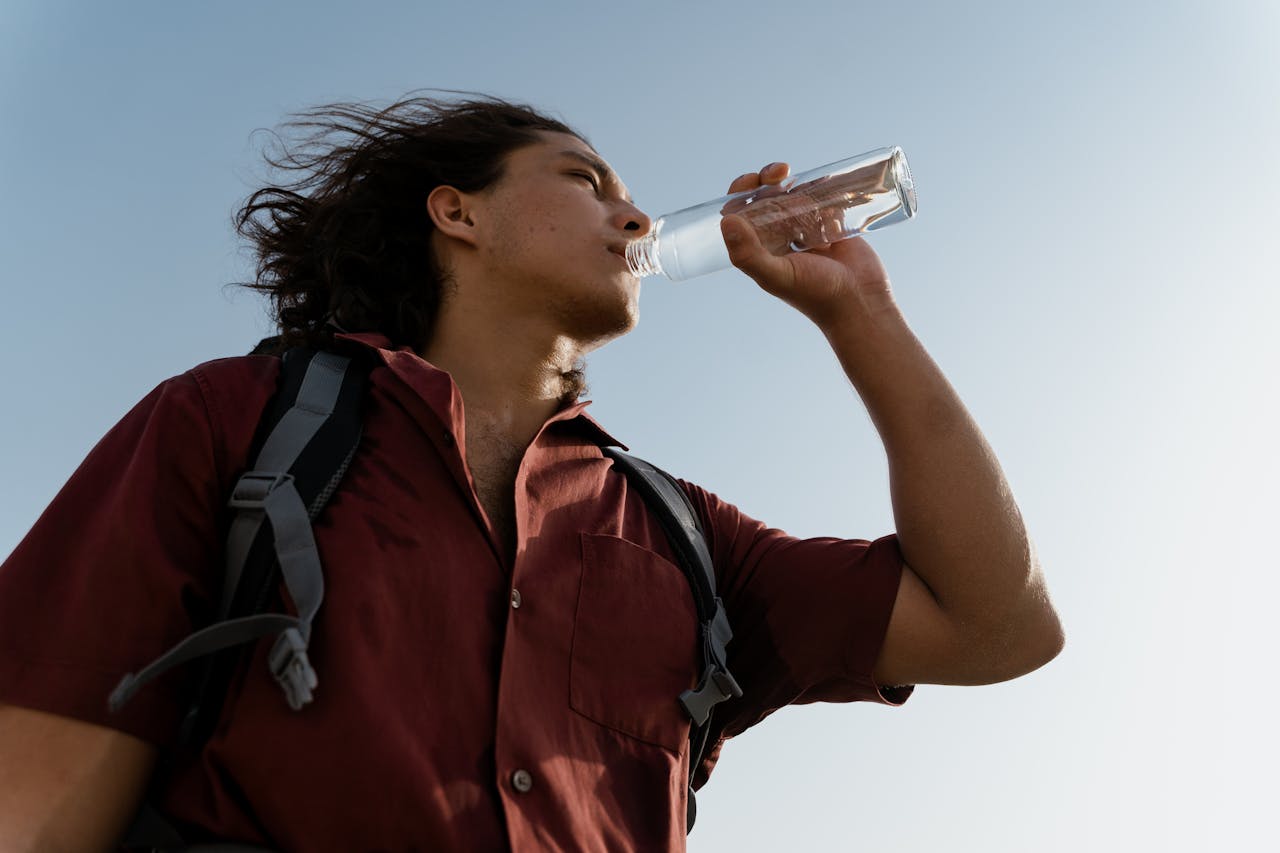
Water safety is hyper local. Mountain towns may pour from clean sources, while coastal cities rely on treated systems with strict standards. Hotels usually know the answer for their block. When in doubt, boiled or bottled water covers teeth brushing and ice. Reusable bottles with purifiers reduce plastic and worry during long days. Street drinks are fine when vendors use sealed bottles or boil ingredients on site. Stomach calm follows the simple rule that heat and peel equal safety.
Myth: Police Will Not Help Foreigners
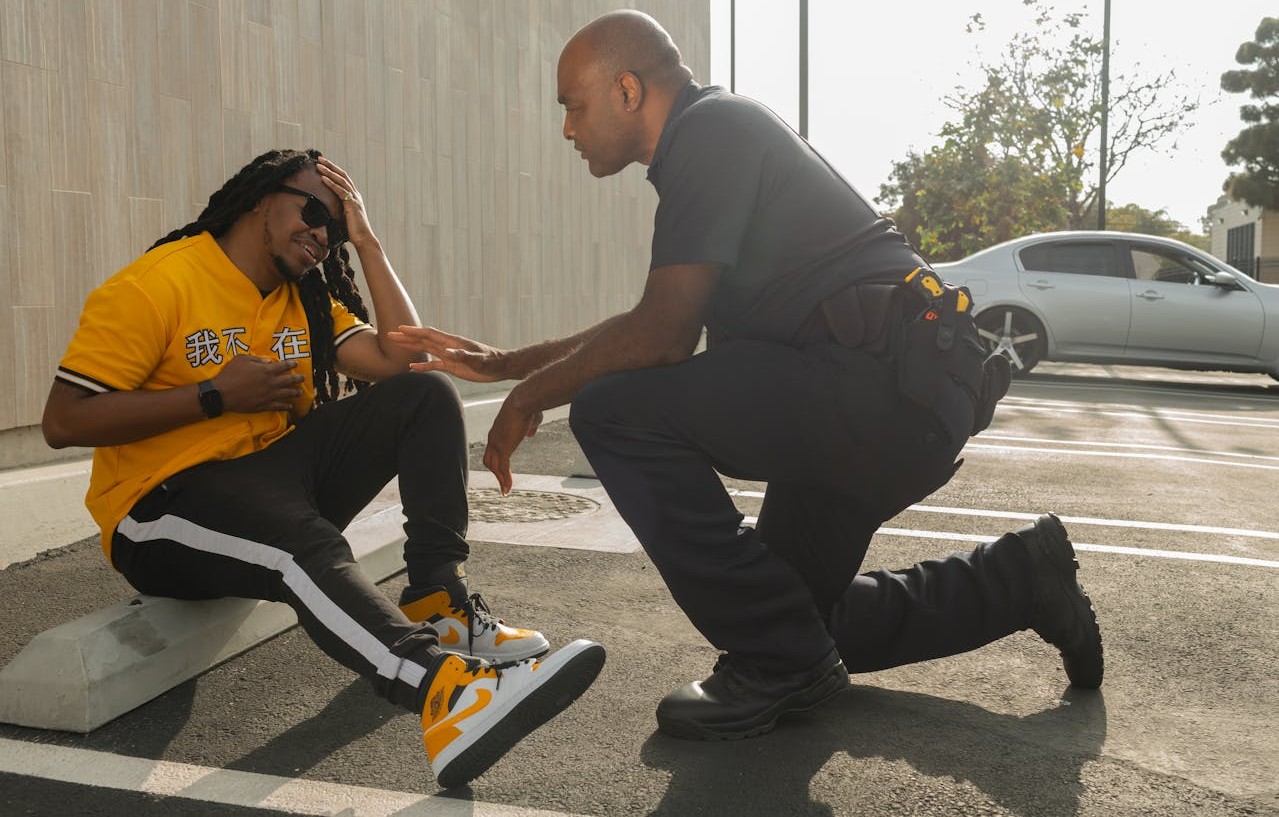
Law enforcement responds to clear information. Reports that include time, place, description, and a photo of the scene often lead to records needed for insurance. Embassy pages list local procedures and recommended stations for tourists. Polite persistence works better than volume. Translating a short incident summary in advance closes gaps fast. Involving hotel staff adds a local advocate. Respectful cooperation, documented facts, and patience usually produce the paper that unlocks next steps.
Myth: Scams Are Obvious Only When Pushy
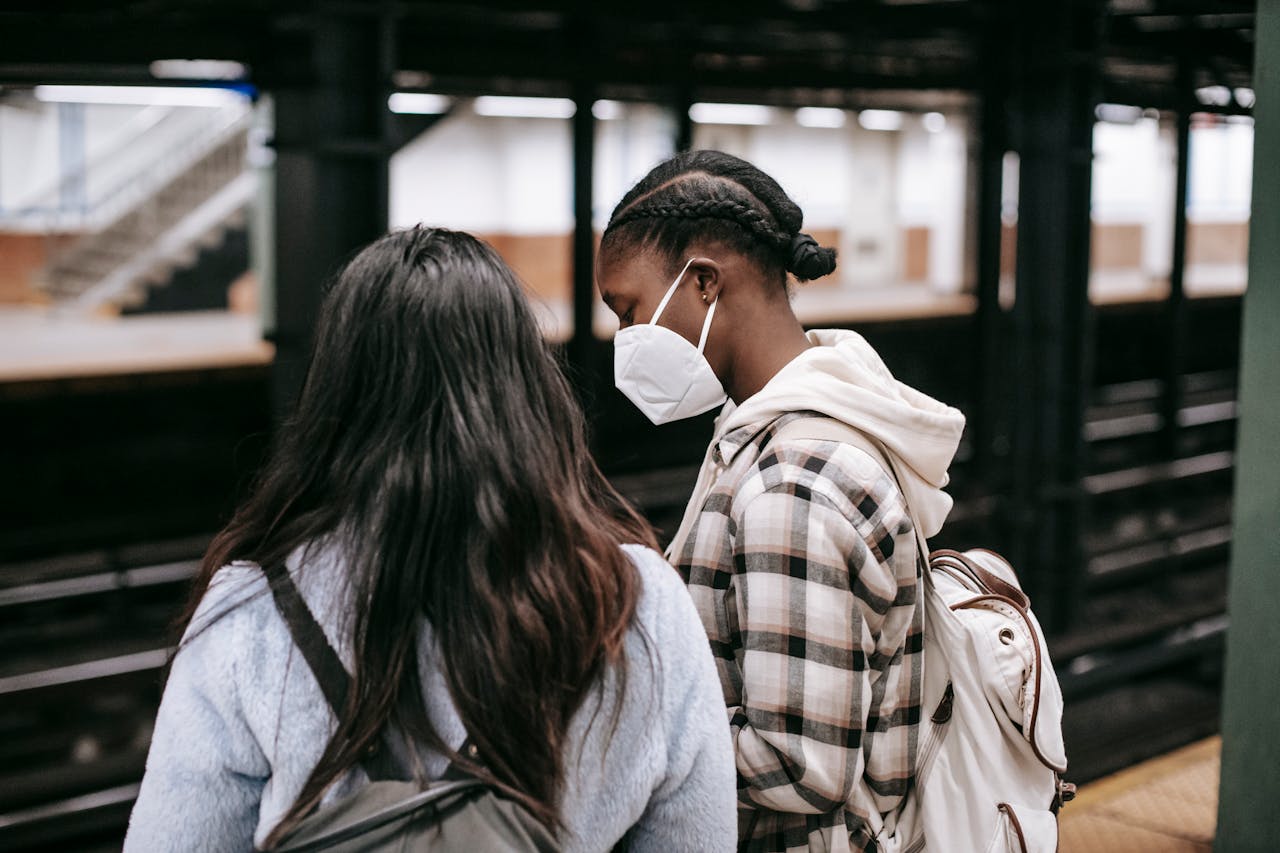
Some scams feel generous, not hostile. Friendship bracelets tied to a wrist, a found ring offered for a fee, or staged spills that demand napkins all end at a wallet. The safer script is simple: no eye contact, no hands, step aside, keep moving. Tickets buy through official apps or windows, not curbside helpers. Taxis launch from ranks or ride hail pins near security, not whispers by arrivals. Calm refusals save energy and dignity in busy squares.
Myth: Visas And Entry Rules Are One Size Fits All
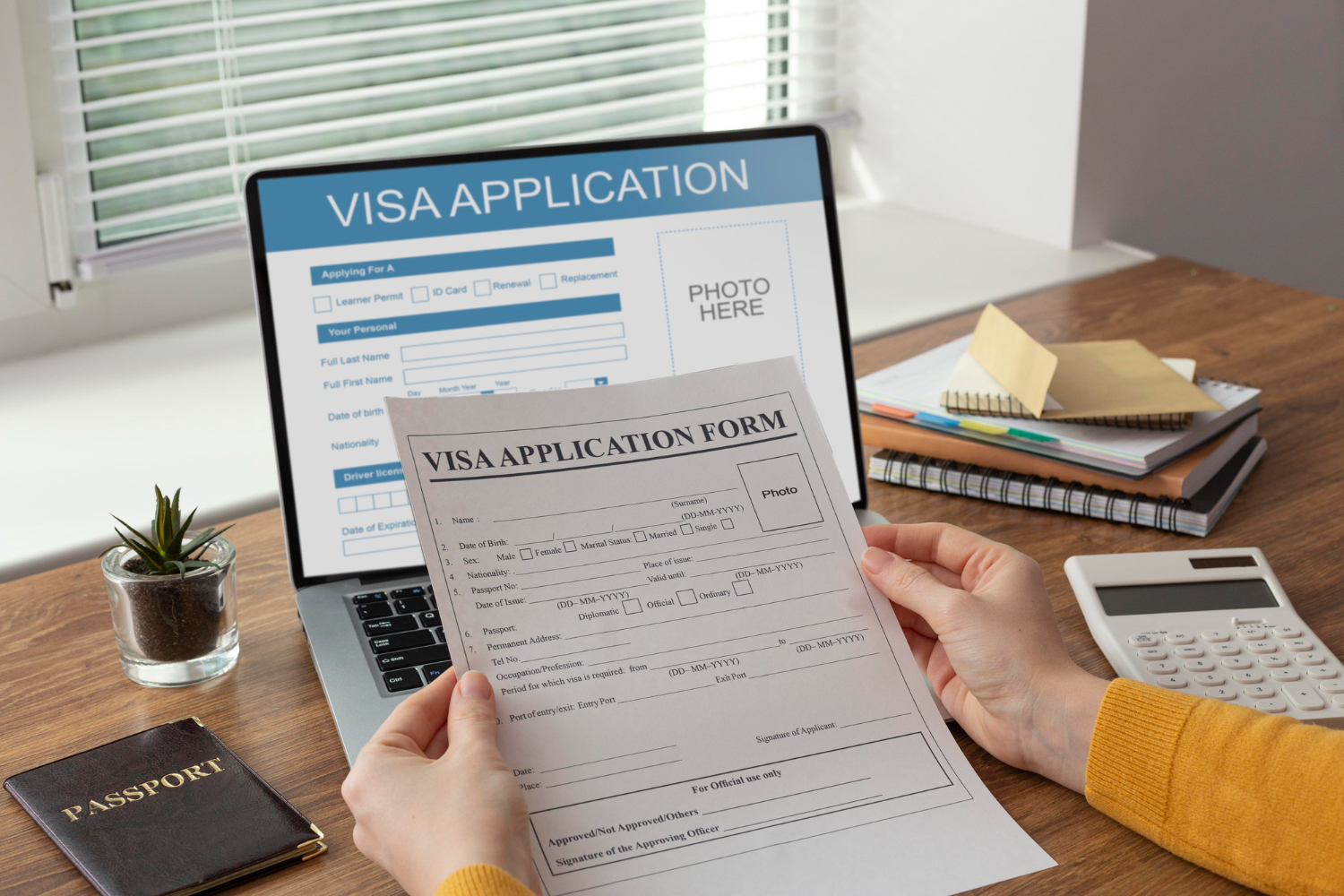
Requirements shift by passport, transit plan, and purpose. Visa free entries still demand onward tickets, blank pages, or proof of funds. Some countries require e registrations or health insurance at the counter. Airlines deny boarding when a detail is off, which hurts more than a slow line. Strong prep means using official portals, saving PDFs offline, and matching names across tickets and IDs exactly. Copies of hotel bookings and numbers shorten questions and keep queues moving.
